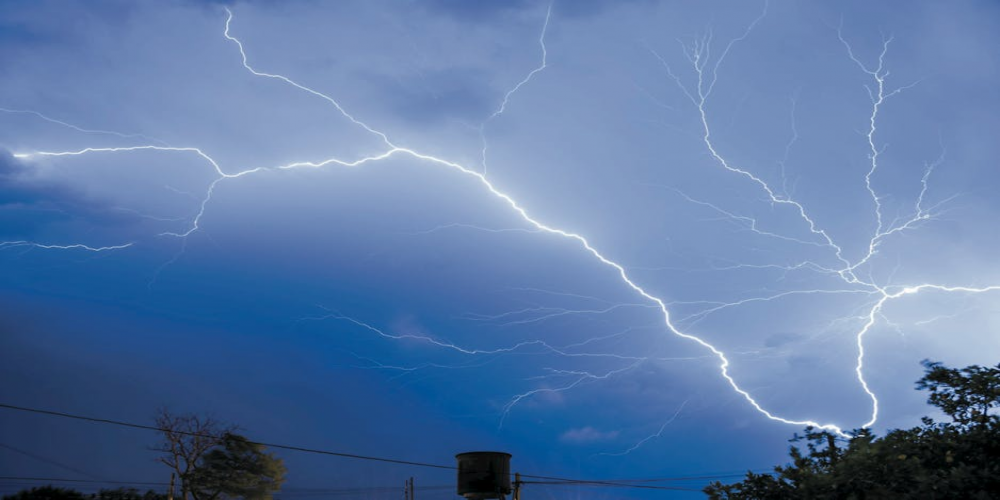
Market Overview
Global energy markets are exhibiting heightened sensitivity to geopolitical developments following statements by Volodymyr Zelenskyy regarding Ukrainian drone operations targeting Russian oil infrastructure. While the direct impact on global supply remains contained, the acknowledgement of successful strikes introduces a new layer of risk assessment for traders and investors. Brent crude and West Texas Intermediate futures experienced modest volatility following Zelenskyy’s address, reflecting concerns about potential escalation and disruption, though broader macroeconomic factors continue to exert significant influence. The situation underscores the vulnerability of energy assets in conflict zones and the potential for asymmetric warfare to impact global commodity flows, prompting a reassessment of risk premiums. Increased scrutiny is now focused on Russia’s capacity to protect its energy facilities and the potential for retaliatory measures.
Trading Implications
The acknowledgement of effective drone strikes presents a complex trading landscape. Short-term opportunities may arise from volatility in energy futures, but a sustained rally hinges on demonstrable supply disruptions. Investors are advised to exercise caution and closely monitor developments in the conflict, particularly any indications of expanded targeting or damage to critical infrastructure. Defensive strategies, including diversification and hedging, are recommended to mitigate risk. Increased demand for alternative energy sources and companies specializing in energy security technologies could also present long-term investment opportunities, though these require careful due diligence.
Key Insights
Volodymyr Zelenskyy’s comments signal a shift in Ukraine’s strategy, demonstrating a willingness and capability to directly target Russia’s economic lifeline. The effectiveness of these drone strikes, even if limited in overall impact, underscores the evolving nature of modern warfare and the potential for relatively low-cost technologies to inflict significant damage. Zelenskyy’s simultaneous call for continued international support highlights the reliance on external aid to sustain these operations and the broader war effort. The situation reinforces the interconnectedness of geopolitical risk and energy markets, demanding a more nuanced and proactive approach to risk management from investors and policymakers alike.